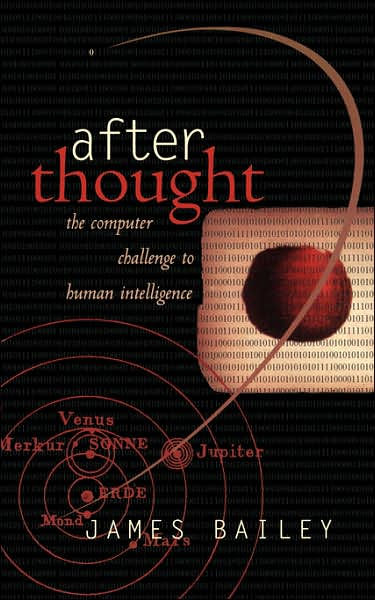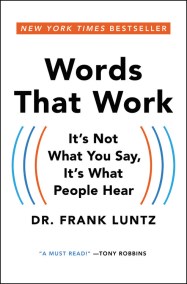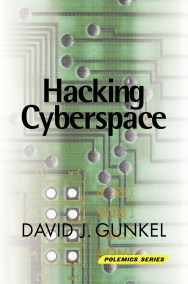Promotion
Use code CYBER2024 for 30% off sitewide + free shipping over $30
By clicking “Accept,” you agree to the use of cookies and similar technologies on your device as set forth in our Cookie Policy and our Privacy Policy. Please note that certain cookies are essential for this website to function properly and do not require user consent to be deployed.
After Thought
The Computer Challenge To Human Intelligence
Contributors
By James Bailey
Formats and Prices
Price
$21.99Price
$28.99 CADFormat
Format:
Trade Paperback $21.99 $28.99 CADThis item is a preorder. Your payment method will be charged immediately, and the product is expected to ship on or around May 16, 1997. This date is subject to change due to shipping delays beyond our control.
Also available from:
- On Sale
- May 16, 1997
- Page Count
- 288 pages
- Publisher
- Basic Books
- ISBN-13
- 9780465007820
Newsletter Signup
By clicking ‘Sign Up,’ I acknowledge that I have read and agree to Hachette Book Group’s Privacy Policy and Terms of Use







